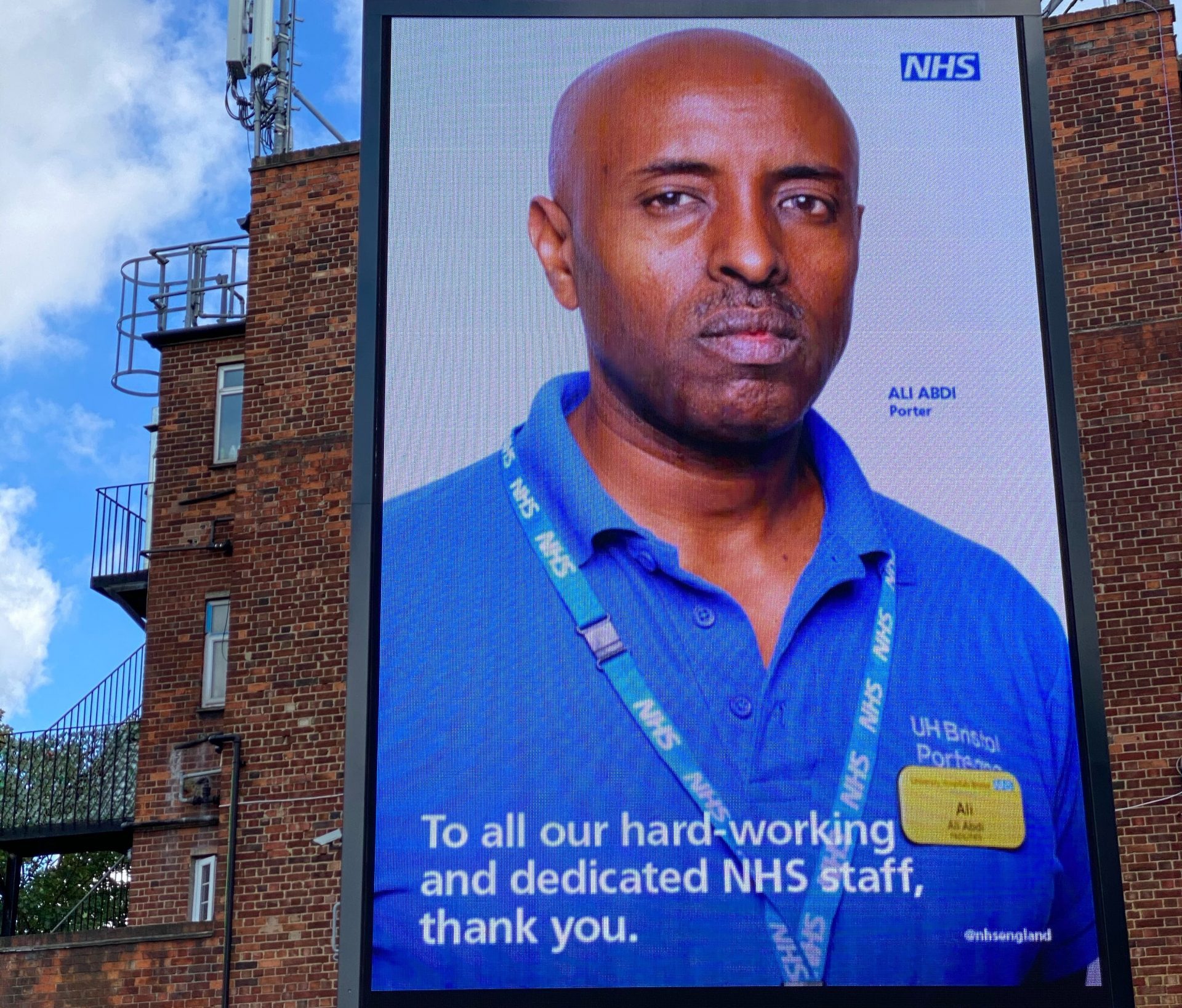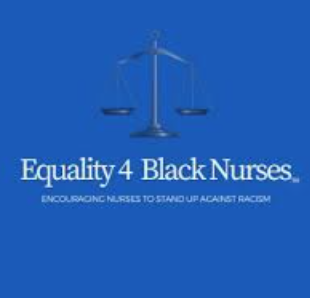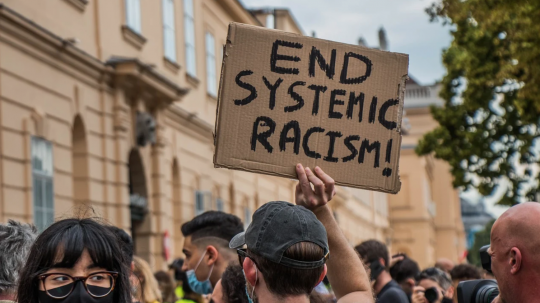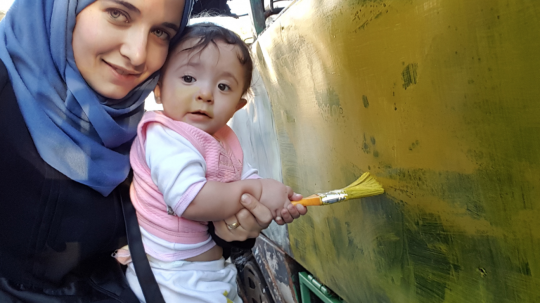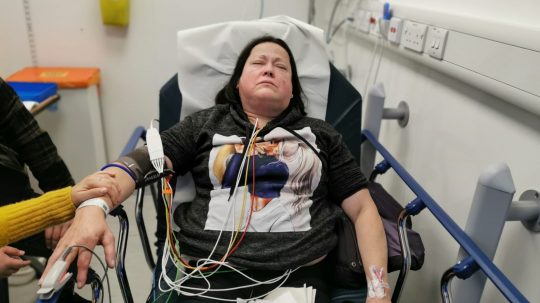Hospital cleaners, care workers and other low-paid staff from minority ethnic groups in health and social care report poor treatment compared with white peers, according to an inquiry by the Equality and Human Rights Commission (EHRC) published last month. Workers reported bullying, harassment and abuse in the workplace. Many said they felt they were unfairly treated because of their race or nationality.
In its inquiry, the EHRC, Britain’s rights regulator, surveyed workers paid up to £10 an hour. This includes hospital porters, caterers and receptionists. Workers in the health sector reported feeling marginalised at work and mocked for their religion. Some said they had fewer career development opportunities. They reported “excessive criticism” by line managers and not being given due credit for their work.
In both health and social care, workers reported incidents of racism from patients and service users that were not taken seriously by senior staff.
One worker described experiencing bullying and racism from other staff, including managers. They said: “I have kept some of my experiences to myself and some I have complained about to management. Unfortunately, it has always led to the same result: nothing gets done, it is brushed aside and you are made to feel and look like a troublemaker.”
Under the Equality Act 2010, employees are protected from discrimination at work. The Act includes the Public Sector Equality Duty, which requires public sector employers, like the NHS, to eliminate discrimination and advance equality of opportunity.
Institutional racism across health and social care
Widening its scope, the inquiry reported that more than 14 per cent of minority ethnic staff across the health sector, including nurses and doctors, felt discriminated against by other staff and line managers. This compares to just 6 per cent of white workers.
In social care, almost half of workers reported experiencing racism or discrimination at work in the last year, according to data from trade union UNISON submitted to the inquiry.
Neomi Bennett, a nurse and entrepreneur who set up campaigning group Equality 4 Black Nurses, said that institutional racism in the health sector was “obvious”. The group supports nurses facing discrimination by offering mental health support and practical help.
Bennett said she has worked with “a significant number” of nurses who believe that they were unfairly dismissed or referred to the Nursing and Midwifery Council for investigation because of racism from colleagues.
She described Black nurses who had faced racial discrimination as living in a “state of trauma”. She said: “With racial trauma, discrimination and hostility, like any form of abuse, it’s not something that can just be fixed overnight. Often, these nurses are in a state of PTSD [post-traumatic stress disorder], and they disassociate, especially when they’re targeted. Often they can’t even respond to allegations appropriately.”
Bennett said that trade unions do not always support nurses who have faced racial discrimination and abuse. She said: “It’s really unfair. A nurse can go to a union to say: ‘I feel like I’m being racially discriminated against. Their union says: ‘I can’t see any racism there.’ That union usually doesn’t look like us. They don’t do it because they don’t know our experiences and they’re blind to it.”
Scottish government Social Care Minister Kevin Stewart said: “We welcome the recommendations from the Equality and Human Rights Commission independent Inquiry into the experiences of lower paid minority ethnic staff and health and social care.”
“The pandemic and the Black Lives Matter movement have further highlighted racial, health and other inequalities across society including within public sector workforces.”
He added: “The Scottish Government is firmly committed to supporting a more diverse and inclusive health and social care workforce and work has been underway for some time to address many of the concerns raised in the report.
“We will publish a refreshed overarching Fair Work action plan later this year focusing on minority ethnic and disabled people’s employment and tackling the gender pay gap. As part of this we will publish the new ethnicity pay gap strategy which will set out our approach for employers in addressing racial inequality in the workplace.”
“We will ensure that Fair Work lies at the heart of our National Care Service and are committed to work with our partners to ensure Fair Work is central in the delivery of social care.”
“This includes improving staff welfare through the introduction of collective bargaining, improved pay and conditions and enhancing effective voice at a local level, ensuring all staff have equal access of opportunity and ways to raise matters of concern and importance to them.”
“Fostering an inclusive, equitable and diverse culture in the NHS and social care is the corner stone to improving everyone’s experience. We will continue to work with the EHRC to monitor our progress to staff equity and equality within Health and Social care.”
A Welsh government spokesperson said: “‘An Anti-Racist Wales: A Plan for Wales’ was published in June and is centred on priority areas in health and social care due to the inequities uncovered by the disproportionate effect of the COVID-19 pandemic on our ethnic minority colleagues, and their experience of racism in the workplace. We are committed to implementing the actions identified in collaboration with our valued NHS workforce to achieve systemic change to eradicate racism in NHS Wales.”
NHS England was also contacted for comment.

